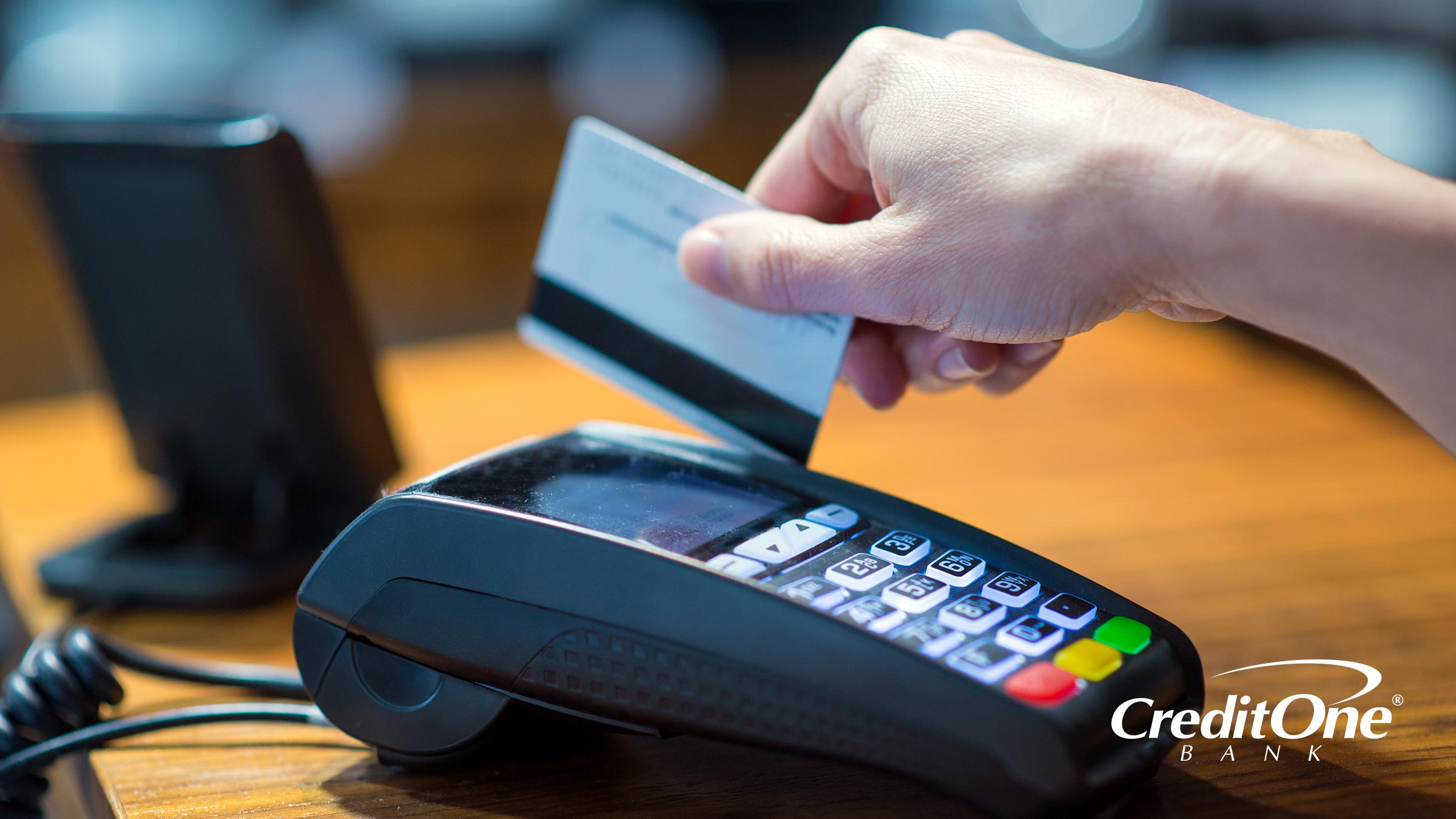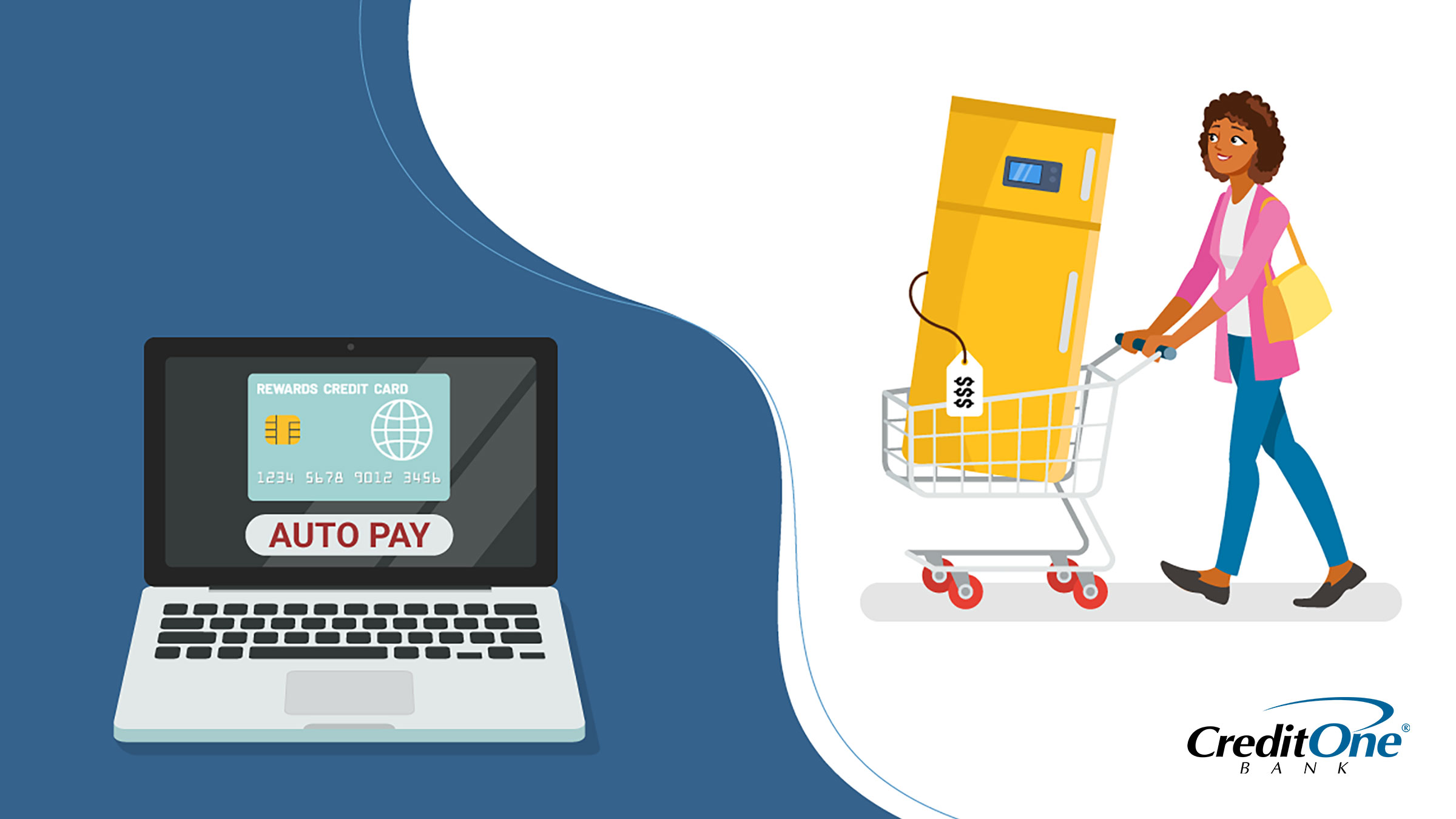Featured Article

Trends and Factors Affecting Generational Financial Trauma
The financial experiences people have early on, whether positive or negative, shape their relationships with money for life. They can affect how people handle paycheck deposits, savings accounts, bills, and credit cards well into adulthood.
Continue Reading
How Do Travel Credit Cards Work?
A travel credit card—more accurately, a travel rewards credit card—can help make getting away a little easier. Especially on your wallet, if it’s the right card for you. But what exactly is a travel awards credit card, how do you know if one is right for you, and how do you go about getting one?

What Percentage of My Long-Term Investments Should Be in Cash?
Many experts recommend keeping at least three to six months of living expenses in cash in an emergency fund that can be easily accessed in case of an unexpected setback such as a serious illness, injury, or job loss. But what about your long-term investments? How much—if any—should be in cash?

Cash Investment Options
Balancing your investment portfolio can sometimes feel like walking a tightrope. Higher-risk investments may produce greater rewards, but leaning too much into one type of investment could also cause your investment portfolio to take a dive should that investment go south. Depositing some of your money into a cash investment account could help lessen some of your risk, especially if you’re older and looking to transition from riskier to less-risky investments. It’s also a decent move to make if you’re pausing to you get your bearings and want to protect your money and maintain stability as you ponder your next financial move. Just be aware that, in exchange for less risk, cash investments typically offer lower returns than higher-risk investments.

The Invention of Credit Cards
The concept of credit—purchasing something now in return for payment later—has been around for thousands of years. Five-thousand-year-old old texts from ancient Mesopotamia exist, recording accounts of clay tablets being used as instruments for conducting trade, sort of like earthen credit cards. But when did actual credit cards like the ones you carry in your purse or wallet today materialize?

How to Keep Credit Cards from Demagnetizing
The magnetic stripe of your credit card contains a lot of sensitive data necessary to conduct a credit card transaction, such as the account number, the cardholder’s name, the card expiration date, a service code, and even a card verification code, also known as a CVV (card verification value). Because information is stored magnetically via iron-oxide particles on that stripe, it can be susceptible to becoming demagnetized by magnetic fields given off by other magnet or electronics. Should your credit or debit card’s magnetic stripe come in direct contact with—or in close proximity to—a strong enough magnetic field, those particles could become smeared or rearranged, rendering it useless.

Maximize Credit Card Rewards [Infographic]
One great of the many benefits of using a credit card is that, if it’s a rewards credit card, you can earn rewards in the form of cash back, airline miles, travel perks, points, and more just for making purchases with your credit card. Check out these 10 tips for maximizing rewards on your rewards credit card.
This material is for informational purposes only and is not intended to replace the advice of a qualified tax advisor, attorney or financial advisor. Readers should consult with their own tax advisor, attorney or financial advisor with regard to their personal situations.
